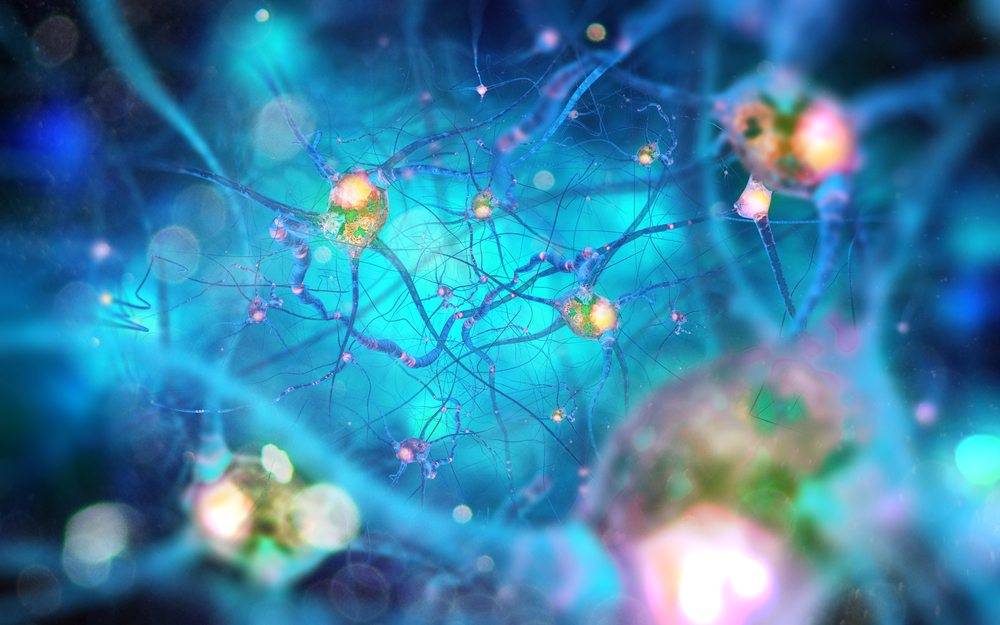Gene’s Loss Linked to Sleep and Food Irregularities in PWS Mouse Model

Loss of the paternal copy of Snord116, a gene associated with Prader-Willi syndrome (PWS), causes alterations in sleep and feeding responses in a mouse model of the disease, a study reported.
Such changes result from an imbalance among different types of nerve cells in the animals’ hypothalamus, a brain region involved in the control of basic body functions, including temperature, sleep, and food intake.
The study, “Loss of Snord116 impacts lateral hypothalamus, sleep, and food-related behaviors,” was published in the journal JCI Insight.
PWS is caused by genetic alterations that lead to the loss of function of paternal genes located in chromosome 15, which control sleep, metabolism, appetite, and food intake.
Although many of these paternal genes are known to be active in the hypothalamus, what happens when they are inactive in this region of the brain is still unclear.
Researchers in Italy, in collaboration with colleagues in Norway, studied genetically modified mice lacking the paternal copy of the Snord116 genes.
They believed the loss of Snord116 would negatively affect the lateral hypothalamus, a region where orexin– and melanin concentrating hormone (MCH)-producing neurons can be found. These two types of nerve cells have opposite functions in the hypothalamus: while neurons producing orexin promote wakefulness and activity, those producing MCH induce sleep.
“We tested the hypothesis that the loss of paternally expressed Snord116 disrupts specific neuromodulatory systems of LH [lateral hypothalamus], particularly those that overlap in the control of sleep, feeding, and temperature,” the researchers wrote.
After monitoring different neuron populations, the investigators discovered that mice lacking a copy of Snord116 had excessive activity in nerve cells associated with sleep (S-max neurons) compared with healthy animals.
Healthy mice also increased the proportion of their S-max and wakefulness (W-max) neurons after being subjected to six hours of sleep deprivation, while mice lacking a copy of Snord116 were unable to do so.
In parallel, the team observed that animals lacking a Snord116 copy had an imbalance in the proportion of orexin- and MCH-producing neurons. Although the number of MCH-producing nerve cells remained unaffected by the loss of Snord116, the number of orexin-producing neurons decreased by 60% in the lateral hypothalamus.
“It has been demonstrated that OX [orexin] neurons decrease their firing during eating and remain in a depressed state throughout the entire eating phase,” the scientists wrote. This suggests that the drop in orexin neuron numbers impairs regulatory mechanisms related to food, “a phenomenon that can relate to the hyperphagia and obesity … in PWS patients,” they wrote.
Another experiment supported this suggestion. Investigators found that mice lacking the paternal copy of Snord116 had a higher proportion of unresponsive neurons while eating than did healthy animals. These animals also had a much lower number of neurons whose activity declines while eating, again compared with control mice.
“Therefore, we propose that an imbalance between OX- and MCH-expressing neurons in the LH of mutant mice reflects a series of deficits manifested in the PWS, such as dysregulation of rapid eye movement (REM) sleep, food intake, and temperature control,” the team concluded.






